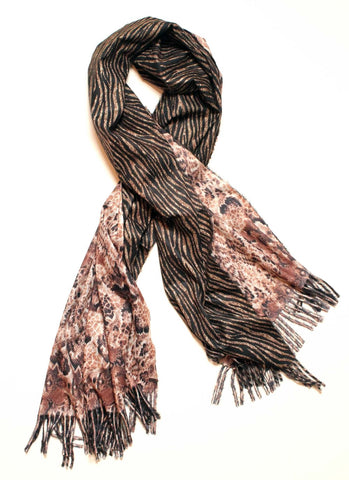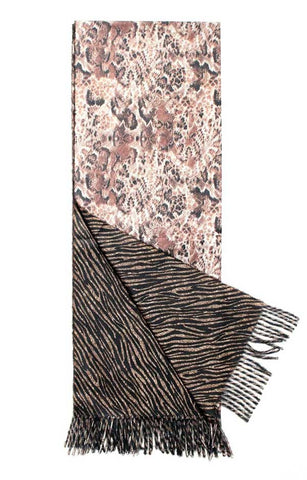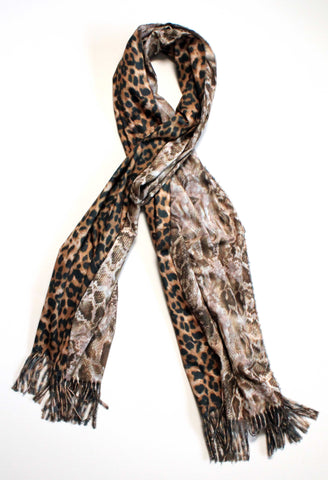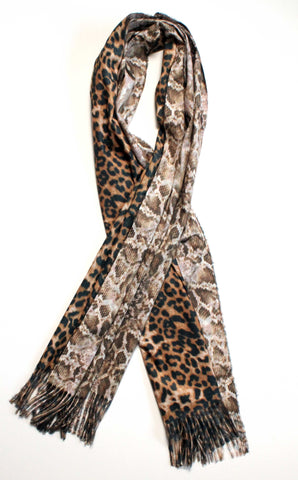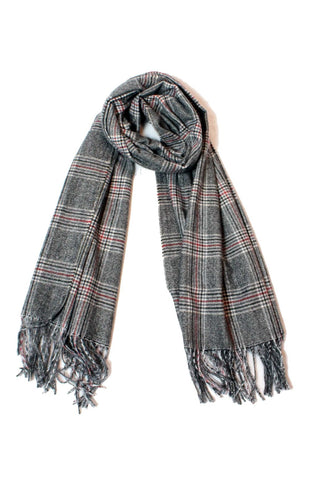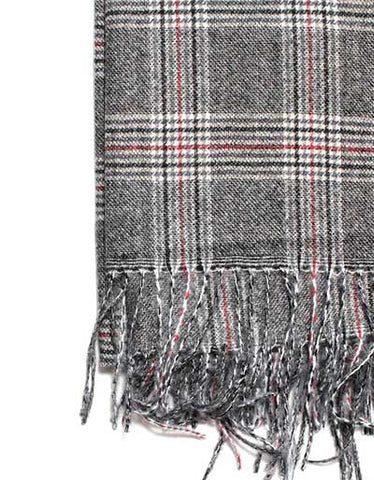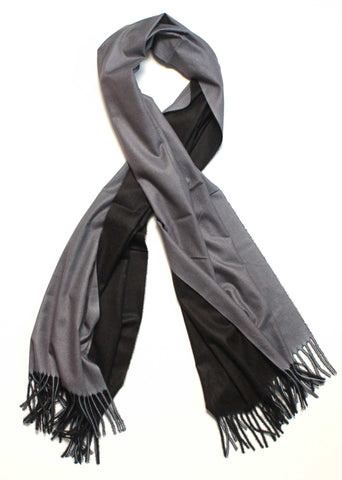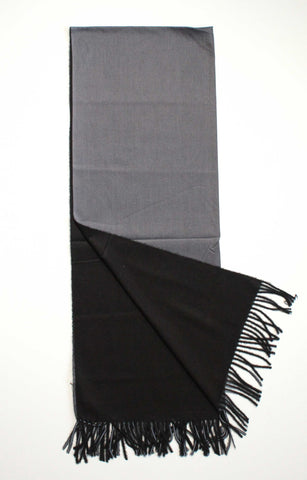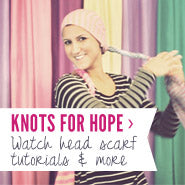Nancy From “Nancy’s Point”

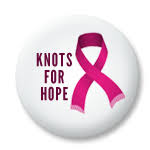
Whether it’s heartfelt anecdotes or inspiring triumphs, the Scarves Dot Net gals love to share stories — especially when they’re incredibly touching. That’s why we’re starting a new series called SDN Spotlight. From influential bloggers to community leaders, we’ve scoured the blogosphere for the most inspiring men and women.
So far, we’ve spoken with Barbara Jacoby, Angelo Merendino, and Ann Silberman about their experiences with breast cancer. Today we’re happy to bring you yet another Spotlight interview with blogger, mother, and educator, Nancy Stordahl. Nancy was diagnosed with breast cancer in 2010, just two years after losing her mother to the same disease. Today, Nancy shares her experience on both sides of breast cancer on her blog, Nancy’s Point. When she isn’t blogging or immersed in her advocacy work, Nancy enjoys reading, traveling, and gardening.
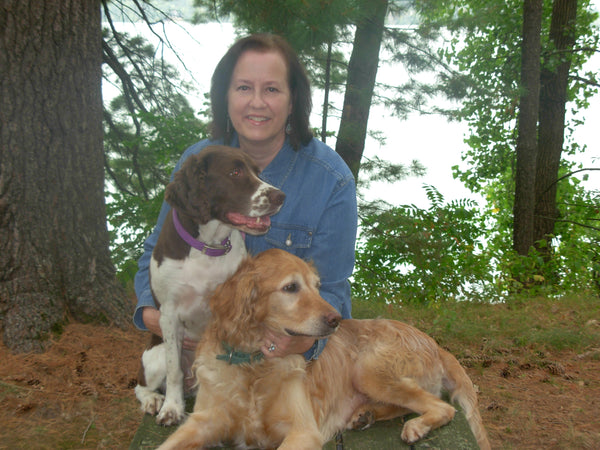
SDN: You lost your mother to breast cancer in 2008. Could you tell us a little bit more about her and her battle?
Nancy: Breast cancer rudely and abruptly intruded into my life on my birthday in 2004 — the day my mother discovered a lump in her breast. I often refer to cancer as the very unwelcome “uninvited guest” that showed up at my birthday party and never went away. My life forever changed that day.
My mother’s diagnosis came shortly after, and from that day on, my life began following a new and very different path. She underwent a lumpectomy, followed by radiation. After thinking we had successfully held the cancer beast at bay, in 2007, we were devastated to learn her cancer had metastasized to her liver. She died of metastatic breast cancer in March of 2008.
SDN: In 2010, you also discovered that you have breast cancer. How did you deal with the news, and how has your mother’s history affected your journey?
Nancy: While still grieving, in April of 2010, I was diagnosed with breast cancer as well. And like my mother, I tested positive for the BRCA2 gene mutation (it’s important to note we did not know about my mother’s BRCA status at the time of her initial diagnosis). I was stunned, not so much by the diagnosis itself, but by the timing and wrongly assuming I would at least have more time.
I dealt with the news by doing what I always do when I need an outlet — I started writing about it. I had been in the process of writing about grief and breast cancer from a daughter’s perspective, and suddenly things changed dramatically. Now I had a new cancer story to tell — mine. Writing was how I coped then, and it’s still how I cope today.
My BRCA2 positive status directly impacted my course of treatment. In June of 2010, I had a bilateral mastectomy, began the reconstruction process, and shortly thereafter began chemotherapy. Later, I was also advised to consider a bilateral salpingo-oophorectomy and hysterectomy. I chose to have both surgeries.
Naturally, I turned to writing once again, in order to maintain my sanity and sense of control and also hopefully to be a resource for other women with or without cancer. I write candidly about all of these things and more via my blog.
SDN: You have been on both sides of the spectrum. Is there any advice you can give to breast cancer patients and to those with loved ones fighting, too?
Nancy: I’m not sure one can really prepare for either one. The best advice I can offer is to do the best you can in both cases. No surprise there, right?
If you are in the caregiver role, don’t try to do it all. It’s just not possible, anyway. Take care of yourself too. And remember the most important gift you’re giving your loved one is your presence. Some of the most painful memories I have of my mother’s illness are also some of my most treasured ones.
If you are a breast cancer patient, I try to emphasize the same advice through my blog — do the best you can. Try hard not to compare your experience to anyone else’s. You are entitled to your experience and your truths, whatever those might be. Something about that is very empowering.
SDN: You wrote a post titled Ten Things Wrong with the Pink Ribbon. Could you talk a little more about your thoughts on breast cancer awareness and pink culture?
Nancy: Boy could I ever! (On a side note — when I began blogging, I didn’t anticipate taking on this kind of advocacy role. Things sort of evolved in that arena.) But seriously, there is much to be discussed. I believe the pink ribbon morphed into something no one ever expected it to become. Somewhere along the way, it became a hugely successful marketing tool and that’s the problem — things got out of control. In a nutshell, the million dollar question is this: Who is really profiting from all of this pink and all this ribbon-ing? The whole notion that breast cancer is so tied into shopping is problematic.
Additionally, there’s also the implied message that there is a certain way “to do” breast cancer that is too often portrayed (intentionally or unintentionally) in today’s pink ribbon culture. Generally, you see the “happy ending” stories and constantly hear metaphors such as the “brave warrior.” Many resent such labels and implied expectations.
Also, such messages too often leave the metastatic breast cancer community in the shadows. It is terribly ironic to me that the segment of the breast cancer community in need of our greatest support so often feels shunned. No one seems to want to talk about or listen to their stories. All of these things are troublesome.
However, I believe change is coming. In fact, it’s happening right now. People are questioning everything about “pink” more and more these days. People are demanding greater transparency because they are realizing the right to know where their charitable dollars are going before buying a pink ribbon product, and what those dollars will be spent on.
Another important change is that the “rubber stamping” of the breast cancer experience is hopefully coming to an end. Everyone is entitled to their own unique cancer experience. And the most important long overdue change of all might be the fact that finally the voices of those living with metastatic breast cancer are being acknowledged and listened to. We still have a long way to go here, but again, I’m feeling more optimistic than I was even a year ago.
I’m actually pretty excited about the discussion going on about moving beyond pink ribbons and simplistic awareness campaigns. This discussion seems to be gaining momentum. I’m both humbled and honored to be playing a small role in changing this conversation.
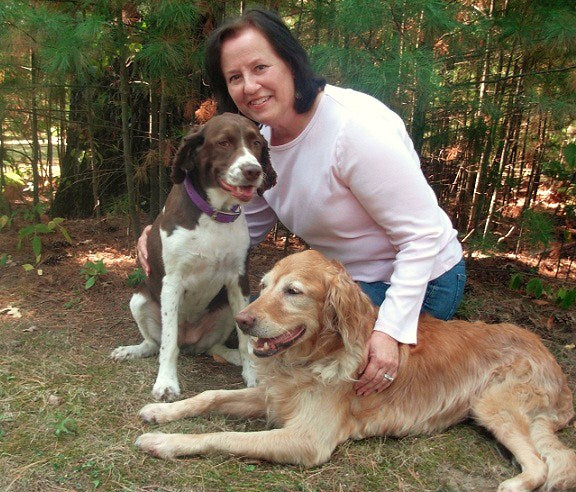
SDN: Are there any other assumptions or misconceptions about breast cancer and metastatic cancer that you would like to shed some light on?
Nancy: Perhaps the biggest misconception of all is that breast cancer is the “good cancer.” So much about this disease has been misrepresented in recent years and there’s plenty of finger-pointing to go around, but ultimately, what I want people to remember is the fact that breast cancer can and does metastasize in 25-30% of cases — no matter what stage it is diagnosed at. Breast cancer is still too often deadly, and in fact, roughly 40,000 lives are still lost to this disease every year in the United States alone. This number has stayed basically unchanged for years now. Too often breast cancer is portrayed as being “not that bad” and completely “curable” if you just “catch it” early. Of course early detection is important, but there’s more to the story than the simple sound bites often imply.
Another hugely important point I wish to make is that the portion of dollars being spent on research is small when you consider the vast amount of money being raked in. Of this relatively small portion, an even smaller fraction is spent specifically on metastatic breast cancer research. In my mind, this is completely unacceptable.
Of course, this leads right back to that million dollar question: Who is really profiting from all of this pinking?
SDN: You have shown so much strength, and we admire your list of resources on grieving. What or who has helped you through the loss of your mother and recently your best friend?
Nancy: Well, my family, of course, has been a tremendous source of support, especially my husband. Without my family’s support, I’d be a mess! And my friends have been great too.
The biggest surprise to me has been the support of my online friends. I have met some amazing people through blogging — some of them fellow bloggers and some of them readers. They inspire me and help me to cope on a daily basis. I consider them to be dear friends. Thank you for mentioning my friend Rachel. She died from metastatic breast cancer in February of this year, and she is greatly missed by many.
SDN: You have used your blog as a source of inspiration for others going through similar situations. What are you hoping that others take away from the blog?
Nancy: I started blogging in order to openly share my experiences about loss, grief, my cancer diagnosis, BRCA, reconstruction, and all aspects of a cancer diagnosis. From day one, I wanted to share candidly. Otherwise, what’s the point? I strive to make my blog an informative, helpful, and empowering resource. I encourage interaction and open dialogue. Ultimately, I hope it’s a welcoming place where others can find support and a safe place to share, vent, or do whatever they need to do.
Mostly, I want others to always remember that they are never alone in this maze that is cancer, and that they are entitled to their own unique path and their own truths.
To hear more about Nancy’s story, be sure to visit www.nancyspoint.com. You can also connect with her on Facebook and Twitter.
There's no place like home! Take me back to ScarvesDotNet.
